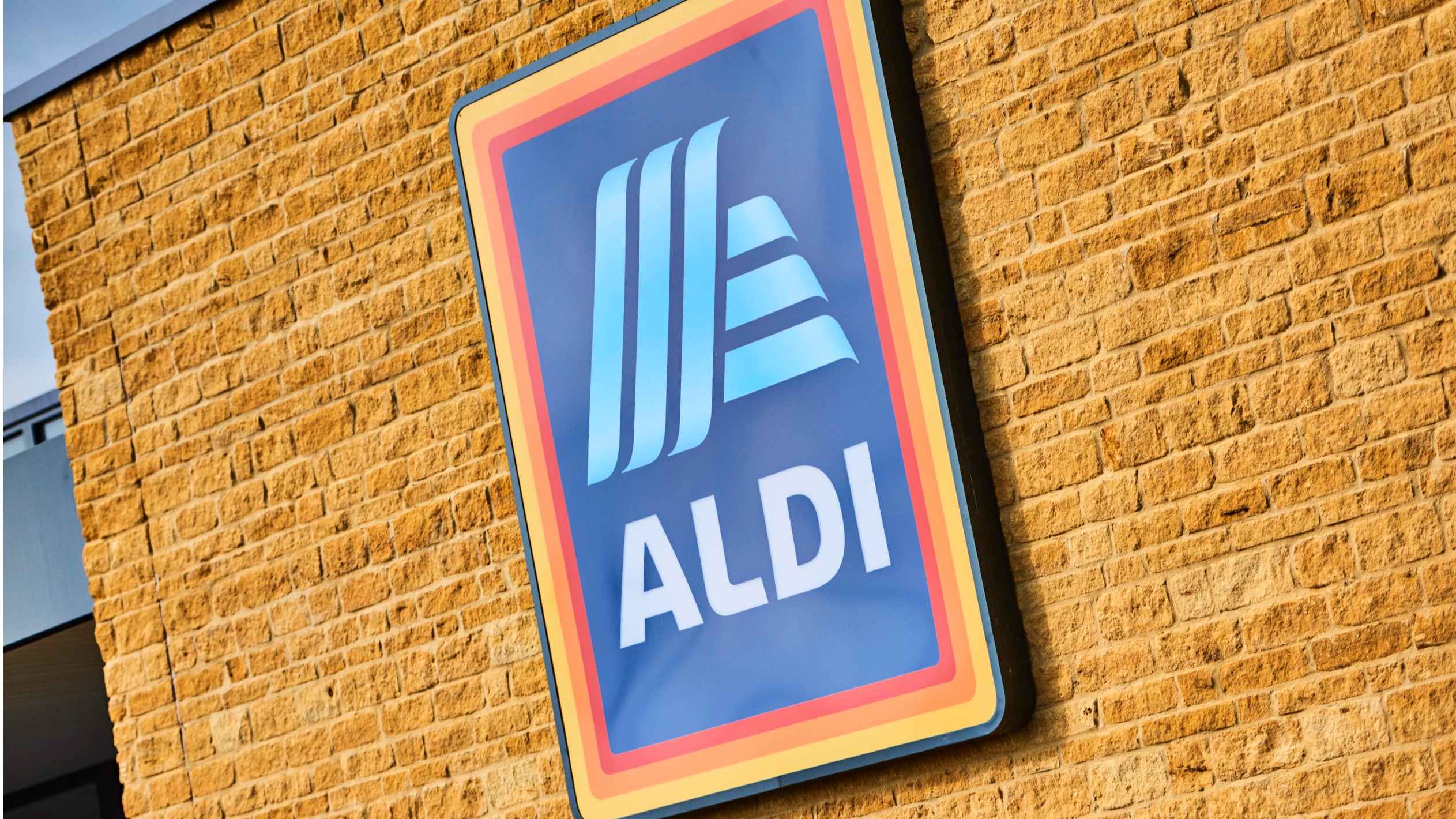In an industry-leading move, Aldi has announced it will become the first major UK supermarket to switch to recyclable paper-based wrapping for its own-label block butter products. Beginning next month, the discount grocer will ditch the non-recyclable plastic wrapping currently used for its Specially Selected West Country and Yorkshire butter lines.
The packaging change will eliminate over 10 tonnes of non-recyclable waste from Aldi's supply chain annually. It follows a similar recent initiative where Aldi replaced the plastic outer wrap on its Everyday Essentials cheese slices with recyclable paper, preventing 23 tonnes of plastic waste per year.
"Minimising plastic packaging is a priority for Aldi as we look for more sustainable solutions," said Luke Emery, the company's Plastics and Packaging Director. "These new butter and cheese wraps help significantly cut down on non-recyclable waste for everyday grocery items."
The moves by Aldi put pressure on larger rivals like Tesco, Sainsbury's and Asda to follow suit and address plastic packaging for their own dairy products. Environmental groups have long pushed supermarkets to shift away from non-recyclable plastic packaging that contributes to waste and pollution problems.
Latest News
-
On opens robot-run South Korea factory to speed shoe production
-
Ikea pilots in‑store Decathlon as first UK third‑party ‘blue box’ scheme
-
Lidl raises a further £481,000 worth of micro donations for Childline
-
Zalando expands into pre-owned children's clothing
-
Violence against retail workers remains at second highest level on record, finds BRC
-
Dunelm launches app to improve shopping experience
Beyond Channels: Redefining retail with Unified Commerce
This Retail Systems fireside chat with Nikki Baird, Vice President, Strategy & Product at Aptos will explore how unified commerce strategies enable retailers to tear down these barriers and unlock new levels of operational agility and customer satisfaction.
The future of self-checkout: Building a system that works for consumers and retailers
In this webinar, industry leaders discussed what the future of self-checkout looks like and how retailers can make the technology work for everyone.
© 2024 Perspective Publishing Privacy & Cookies










Recent Stories